Rudy Giuliani and Our Uneasy Fascination with Celebrity Coffee Brands
Today, there are more celebrity coffee companies than ever. But as Rudy Coffee has demonstrated, that might not be a good thing.
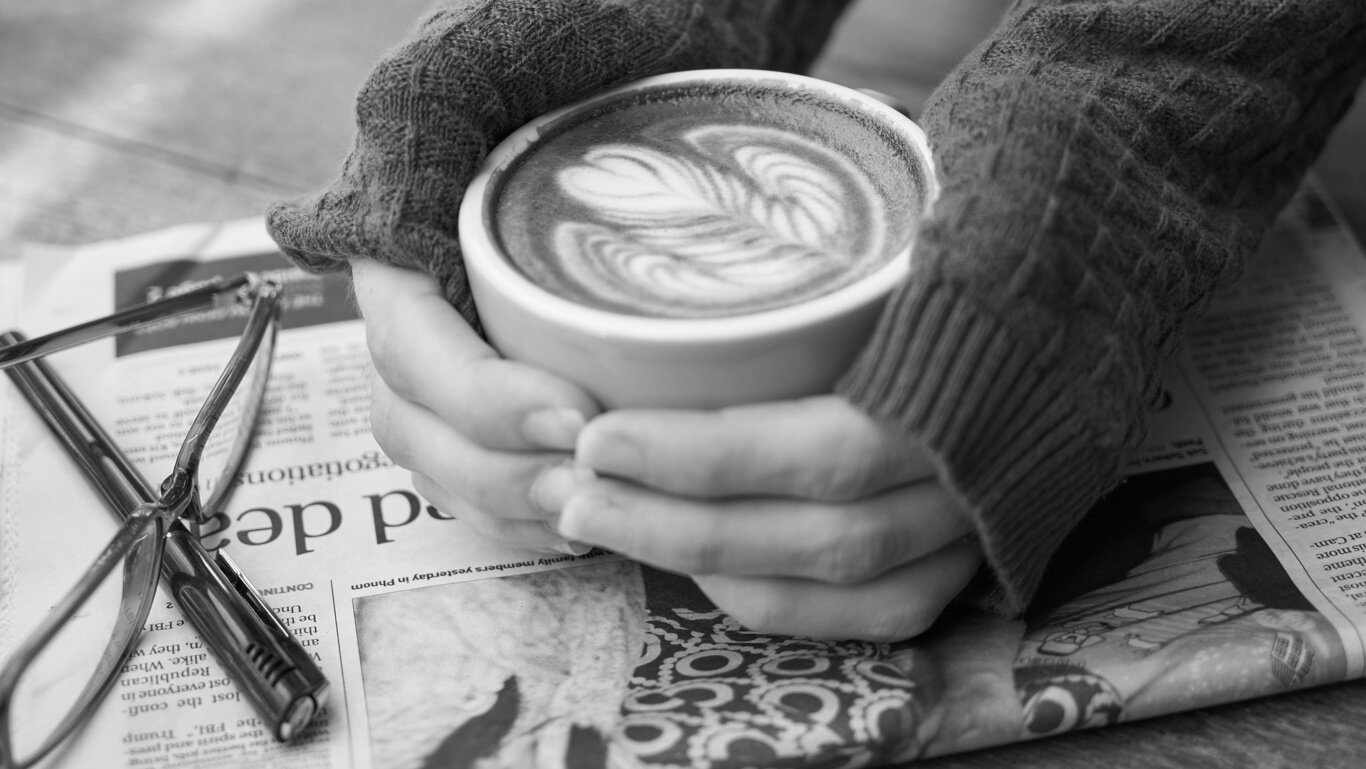
Today is Friday 13th. It’s also the day after the UK election, which feels apt.
Yesterday was a pretty bad (classic British understatement there) but at least the Scottish National Party gained more seats (way to go, Aberdeen South!) and put the question of another independence referendum back on the table. Small victories, I suppose.
But enough about politics, let’s take a look at the coffee news.
Because as we all know, coffee is always politics-free.
Kenya produces some of the most flavorful, weird, delicious coffee you could ever hope to taste.
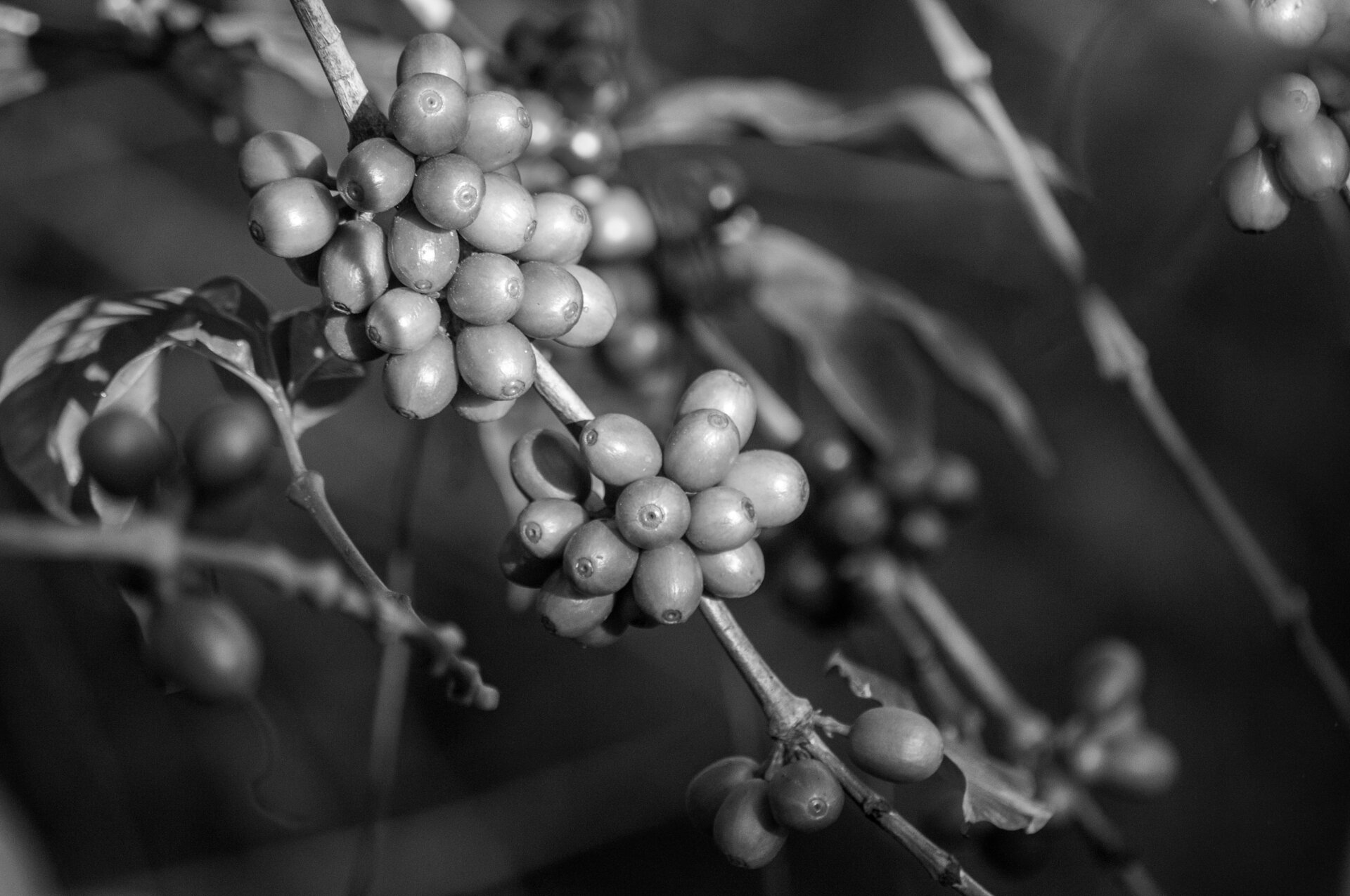
Unfortunately, it’s also one of the countries already being hit by the climate emergency, with hotter temperatures and less predictable weather systems making it harder to grow delicate crops such as coffee.
Some farmers are thinking about switching to hardier crops. Some have already started.
As Reuters reports, in the county of Machakos, “more than three quarters of the 200,000 farmers active in the 1980s have given up, said county cooperative union head Martin Muliya. Machakos is Kenya’s tenth largest coffee producing county.”
It gets worse, as the article goes on to list the other countries struggling to cope with the changing climate: “Cameroonian production is the lowest on record. The El Salvador harvest has fallen by half over a decade, while Ecuador’s output has fallen even more steeply.”
It’s… it’s not good.
In better news, Colombia is taking the threat to coffee and the people who grow it seriously, which in fairness it has been for a while now.
The headline, it should be noted, refers to “sustainable coffee production” less in relation to climate change and more to the goal of increasing quality and output over the next decade.
As part of this plan, Colombia will also “renovate more plantations and establish additional hedging options for times of low prices” according to Reuters.
Colombia President Ivan Duque wants farmers to take advantage of the slight rise in coffee prices ($1.24 on the New York Stock Exchange, according to the article) to lock in futures contracts as a way to guard against a potential fall in prices longer term.
Okay so this is obviously stupid, but I think what I hate most about this story is the name. Pepsi Cafe? Seriously?

Who’s in charge of marketing for PepsiCo?
Couldn’t they have thought up a better name than Pepsi Cafe, or did they just find a whiteboard and write down all the words associated with coffee and then just pick one at random?
It doesn’t even explain what the drink is. At least Coca-Cola had the decency to just call their monstrosity Coke Plus Coffee, which is also stupid but at least gets to the point.
Pepsi’s “drink”, for what it’s worth, is marketed as “cola infused with coffee” and will have nearly twice the caffeine of regular Pepsi.
Oh, and there’s also going to be a vanilla version.
Vanilla!
Sending stuff to space to “see if it mutates” just seems like asking for trouble.
This is 100% going to end up with Earth being invaded by some giant coffee bean weed alien.
Oh and of course Space X is involved somehow.
This just guarantees a Resident Evil-type virus outbreak, but with really stoned-yet-somehow-alert zombies.
It’s hard to know what to think about this story: “Blue Bottle Makes Zero-Waste Pledge for All US Cafes by End of 2020.”
On the one hand, a zero-waste pledge from a company of Blue Bottle’s size is impressive, with 70 cafes across the US being affected by this announcement. It’s also coming from a company that, for better or worse, plays an outsize role in people’s image of “specialty coffee”.
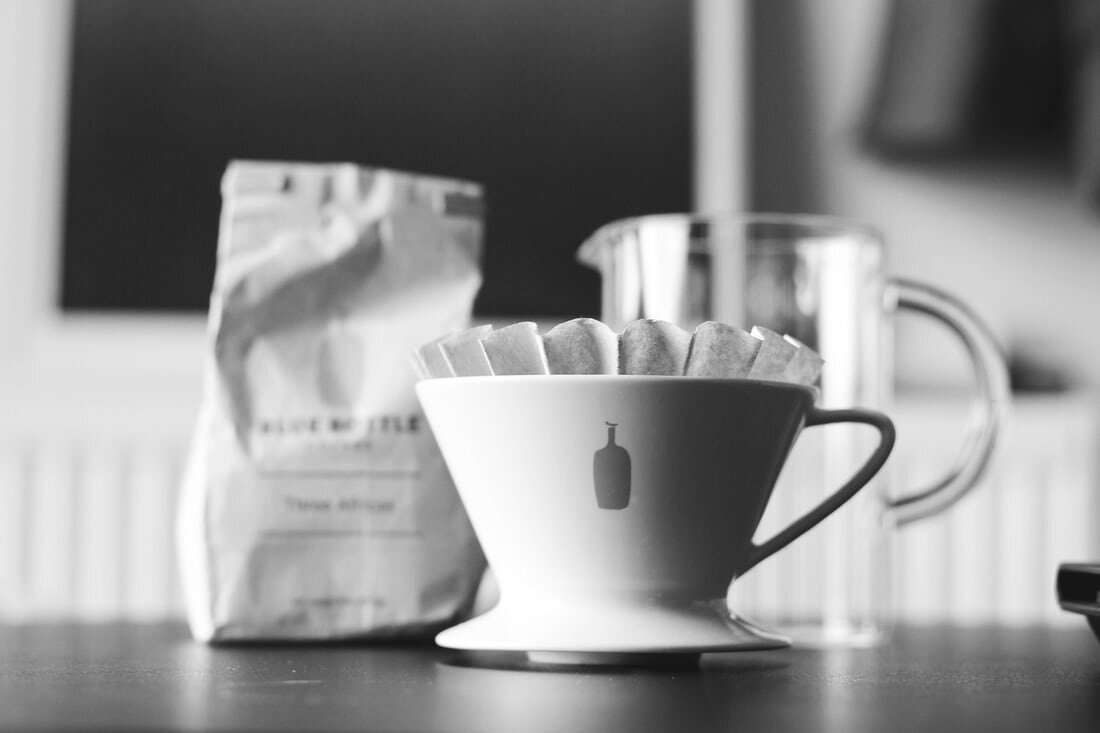
On the other hand, Blue Bottle is owned by Nestlé, and if you’ve read the Roundup in the past you’ll know exactly what that means.
In short, Nestlé is a bad company and the veneration of Blue Bottle in the coffee world continues to annoy me.
(Seriously—I saw that Fellow Products is partnering with Blue Bottle on a custom kettle and now I don’t like my kettle anymore. Weird, I know.)
Okay, but what about the pledge? Daily Coffee News reports that it will involve Blue Bottle removing “popular single-use items such as cups, grab-and-go containers and retail coffee bags” from its stores. If customers want to take a drink with them, they’ll either have to provide a cup themselves or pay a deposit for one of Blue Bottle’s own.
Is this good? Sure, in theory. But the announcement doesn’t address other parts of the cafe supply chain, such as milk or cleaning equipment, or what it means for disabled patrons who might still require plastic straws.
Also, Blue Bottle is essentially Nestlé’s “coffee washing” investment, masquerading as a cool specialty coffee company with morals and environmental credibility, when it’s actually owned by one of the most destructive, polluting conglomerates on the planet.
On the plus side, Nestlé is selling its ice cream business next year, so I can finally try the Häagen-Dazs Chocolate Salted Fudge Truffle vegan ice cream with a clear conscience.
That extra cup of coffee could help restore kidney function, according to new research. Chronic kidney disease (CKD) is a leading cause of morbidity and mortality worldwide, says the National Kidney Foundation, and this new research appears to have found that coffee can help.
The authors of the study looked at data from 227,666 patients in the UK biobank, plus a further 133,814 patients and 12,385 cases of chronic kidney disease from the CKDGen Consortium.
From the article: “Drinking an extra cup of coffee per day was associated with lower incidence of CKD stages G3-G-5 higher estimated glomerular filtration (eGFR) rates and lower levels of albuminuria (ACR).”
So that’s good.
“So many people drink coffee worldwide that even a small effect on the risk of developing chronic kidney disease would have large implications,” co-author Dr. Oliver J. Kennedy said. “Chronic kidney disease is very common and currently there are limited options for prevention and treatment. Our results add to the evidence that drinking coffee may reduce the risk of developing chronic kidney disease.”
Understanding The Cost Crisis by Michael Ryan
Coffee Producer Debt Is Growing & It’s Causing Problems by Sunghee Tark
Kaffe Landskap Explores New Ground With Two Shops In Denver by Me!
Until next week, drink good coffee. Maybe not cola-infused.
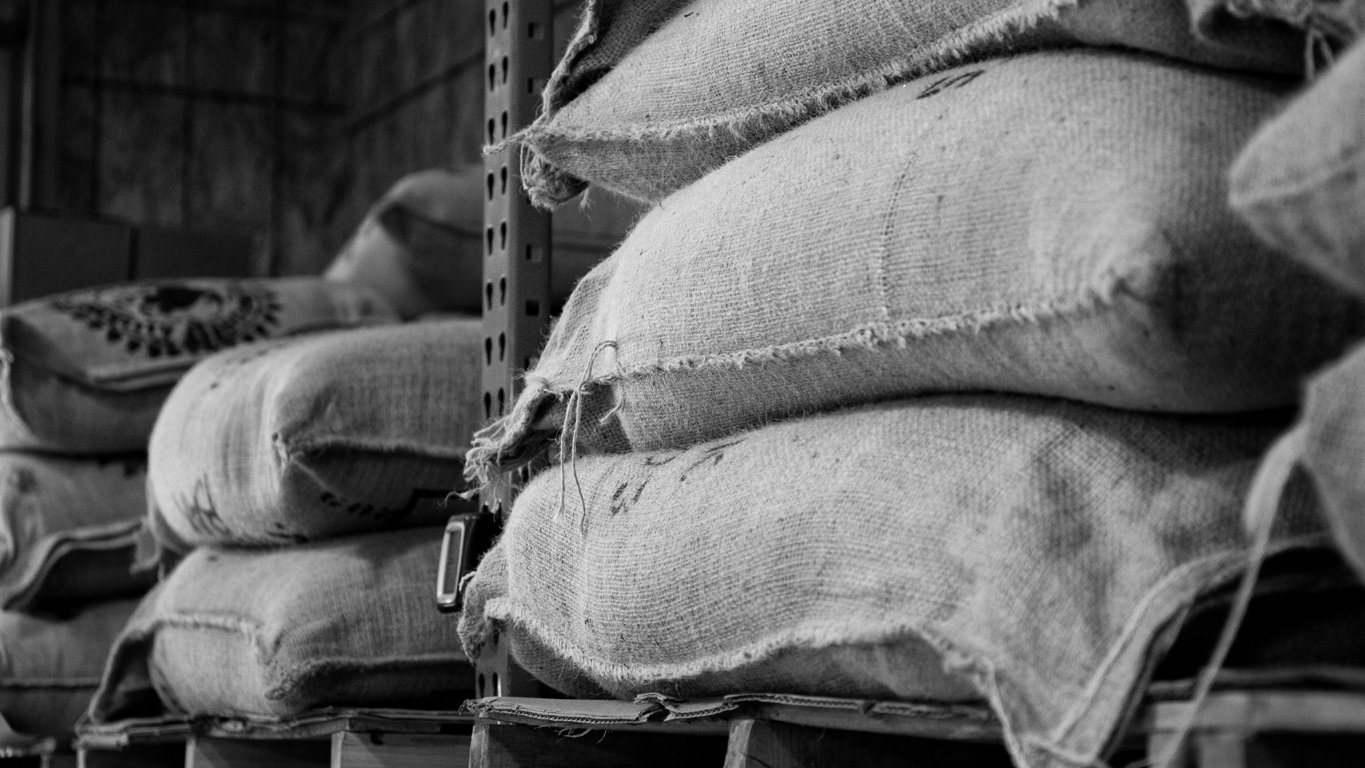
Nov 24, 2023 Connecting the Dots: Inside the 2023 Coffee Barometer Nov 24, 2023 Nov 24, 2023
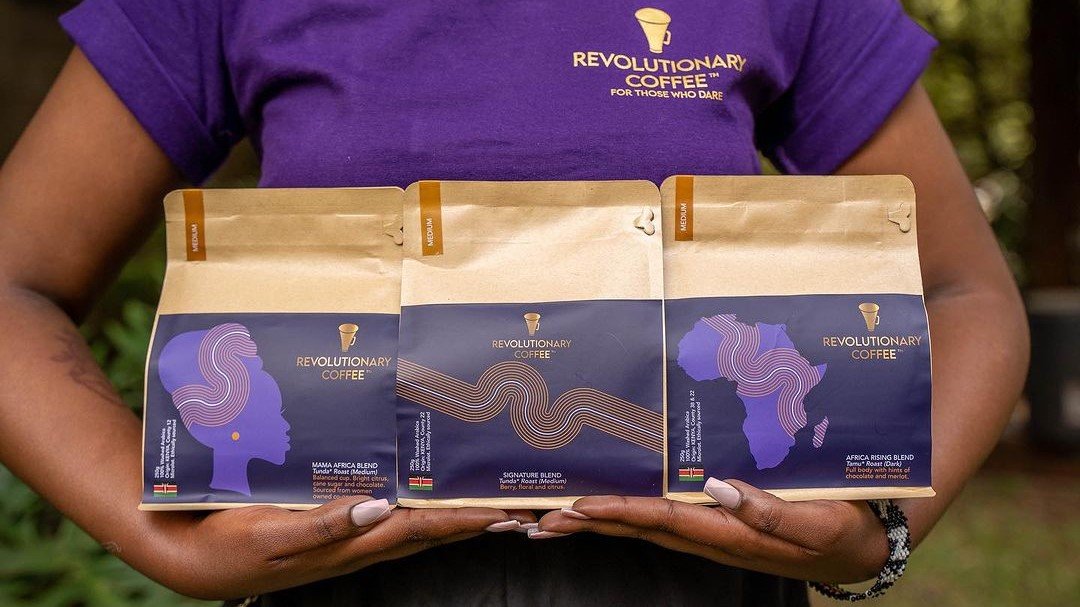
Oct 21, 2023 'Specialty Coffee Should be Enjoyed by Those Who Grow It': The Farmer's Daughter Joining Kenya's Coffee-drinking Revolution Oct 21, 2023 Oct 21, 2023
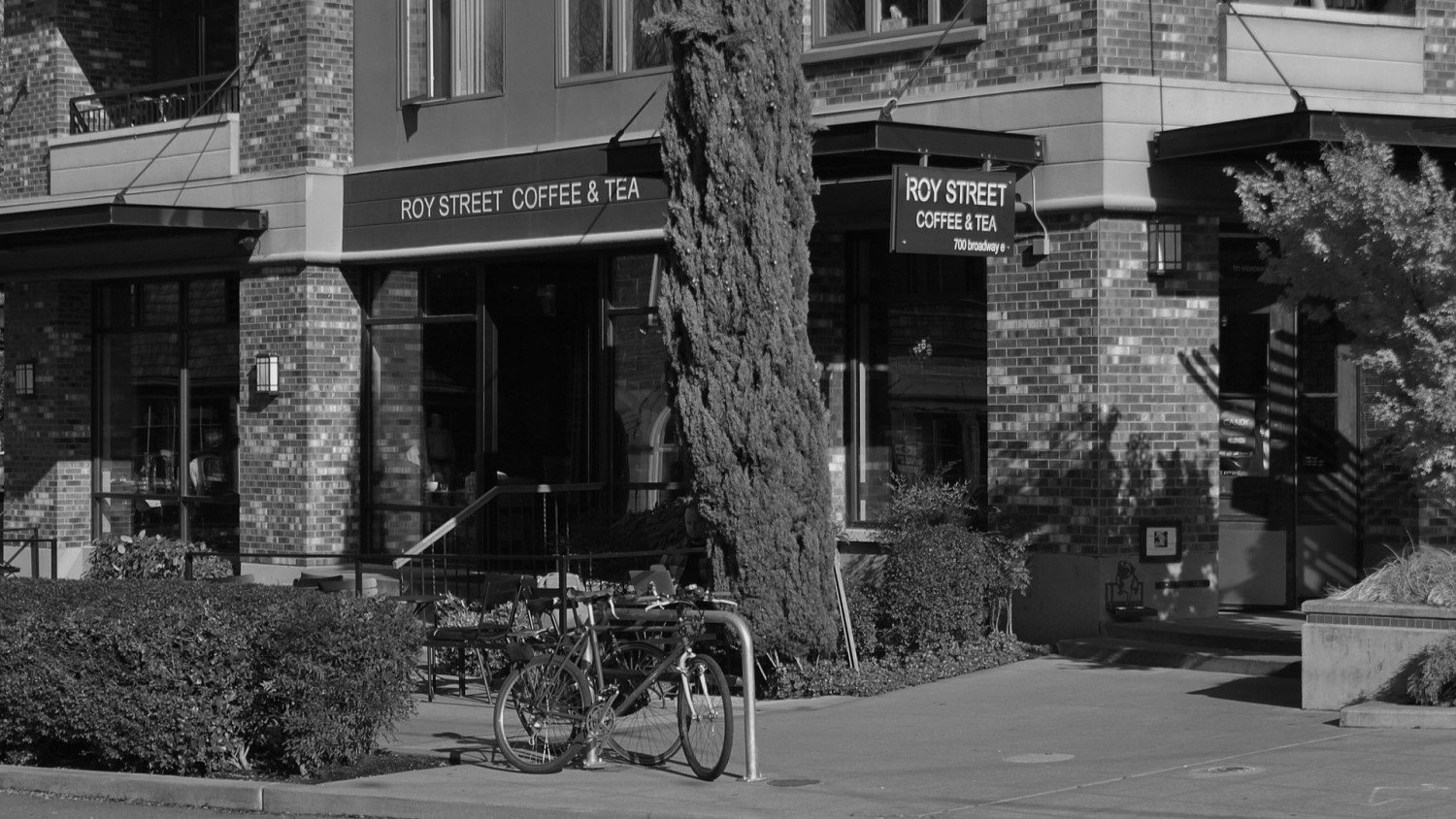
Oct 6, 2023 Stealth Starbucks: A Premonition of Modern Specialty Coffee Oct 6, 2023 Oct 6, 2023
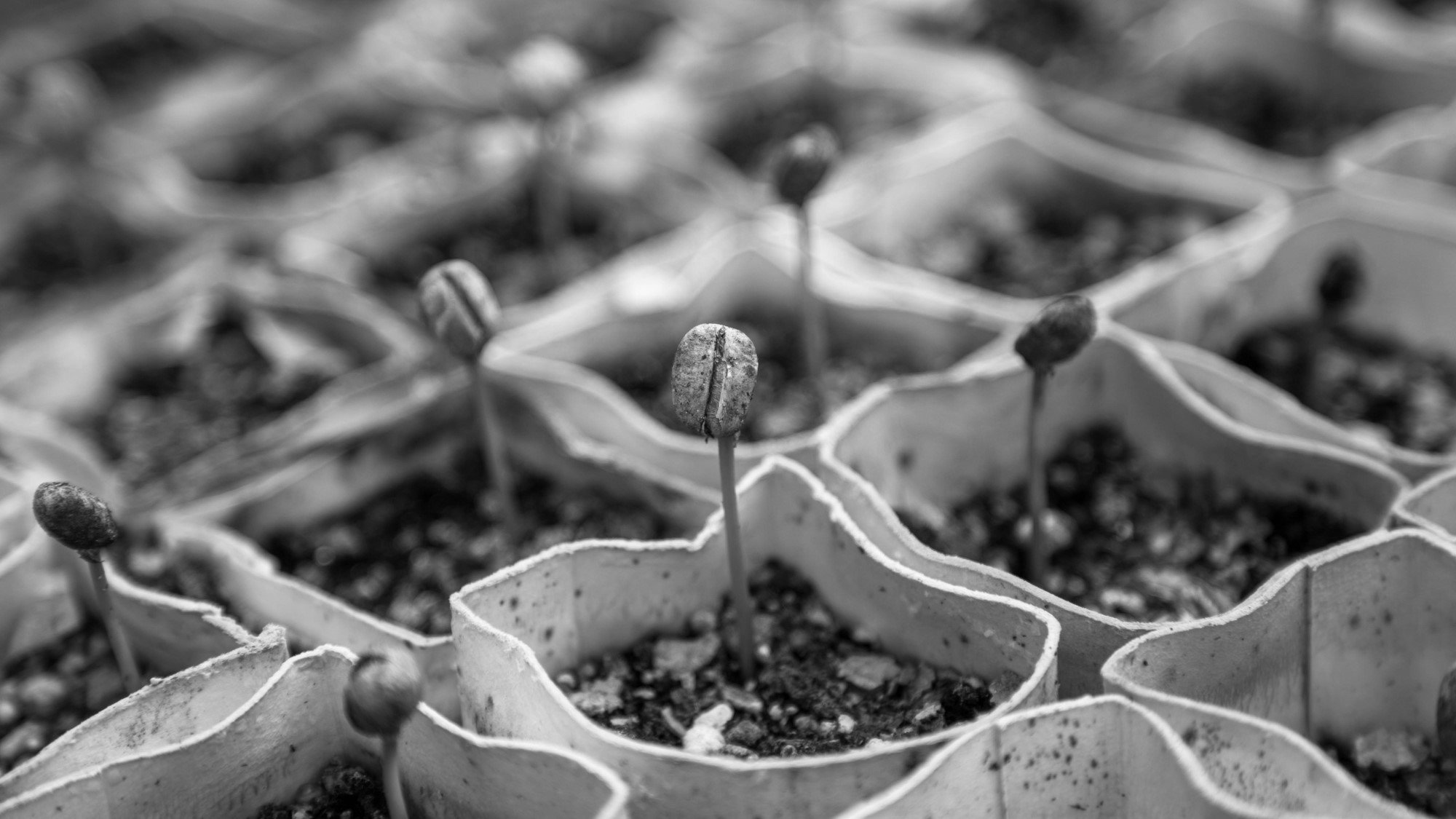
Sep 22, 2023 Can the Coffee Change Fund Save Coffee? Sep 22, 2023 Sep 22, 2023
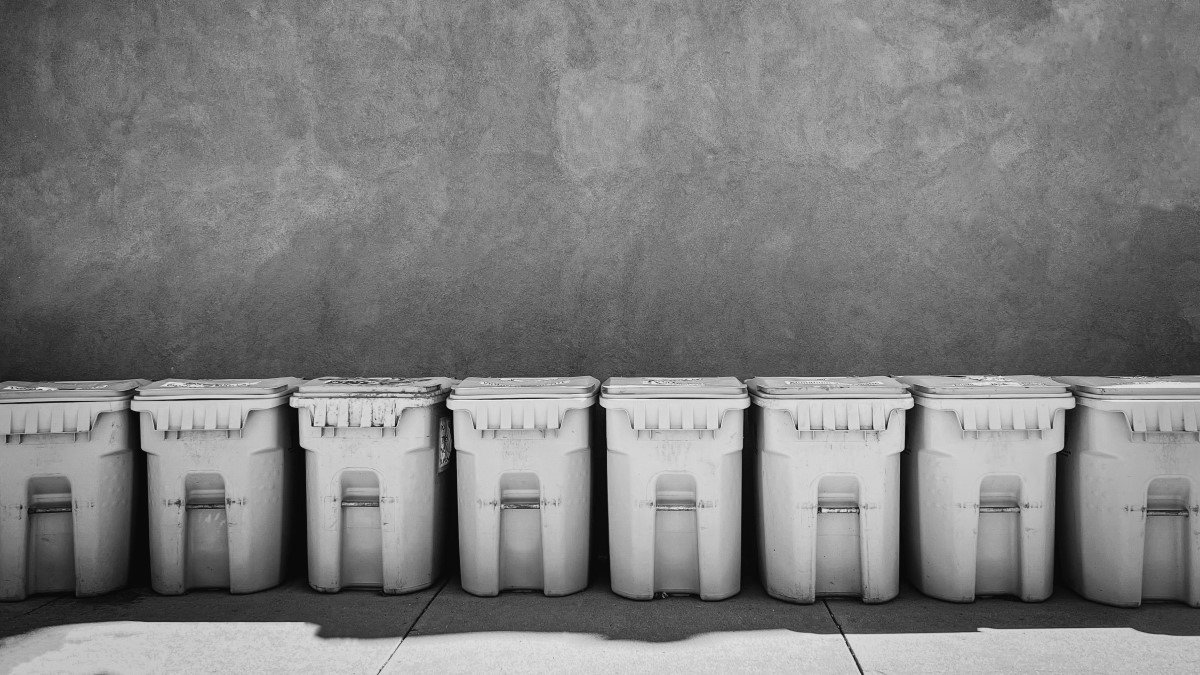
Sep 8, 2023 Upcycled Coffeewashing Sep 8, 2023 Sep 8, 2023
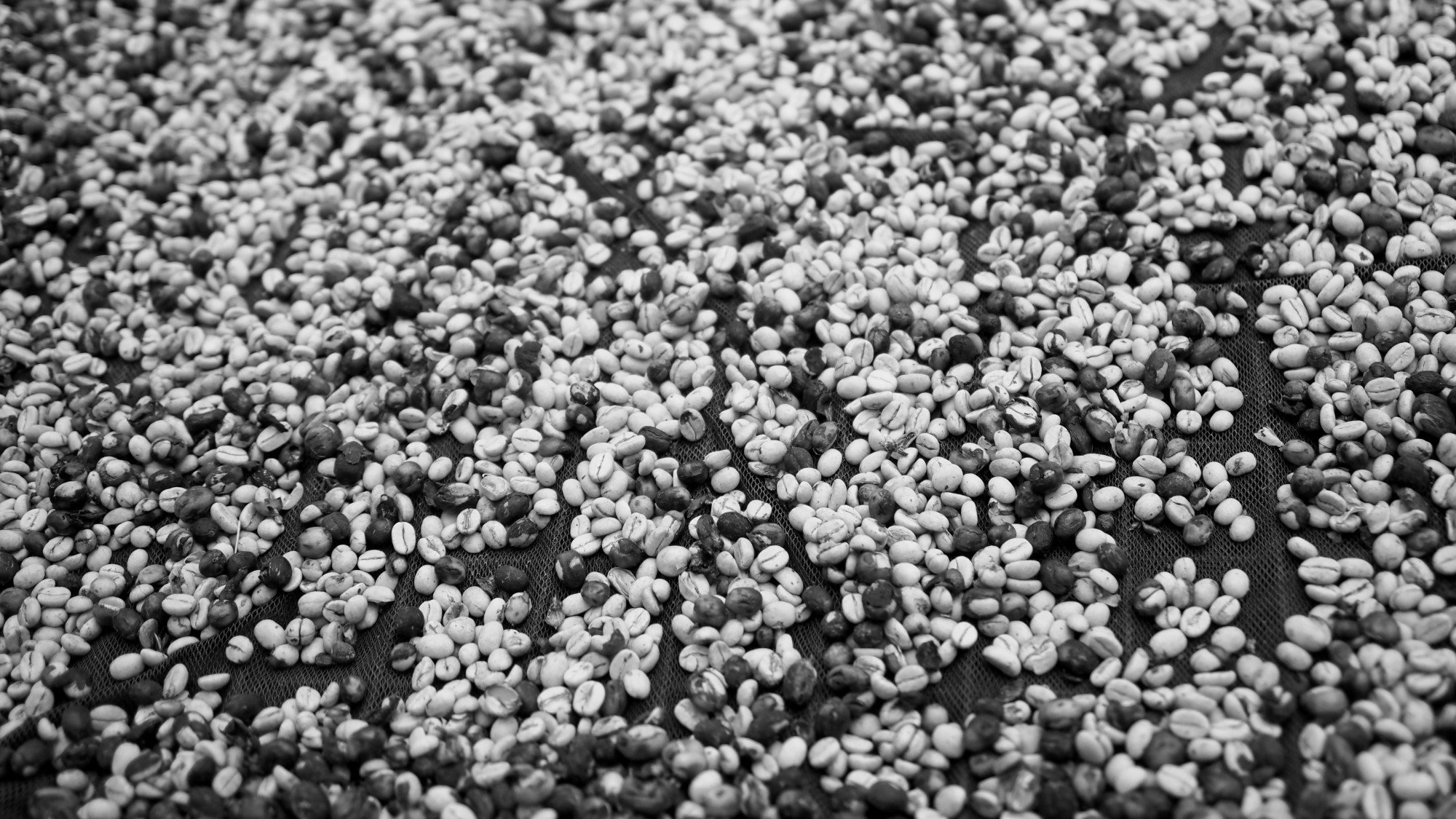
Aug 25, 2023 From A Concerned Farmer Aug 25, 2023 Aug 25, 2023
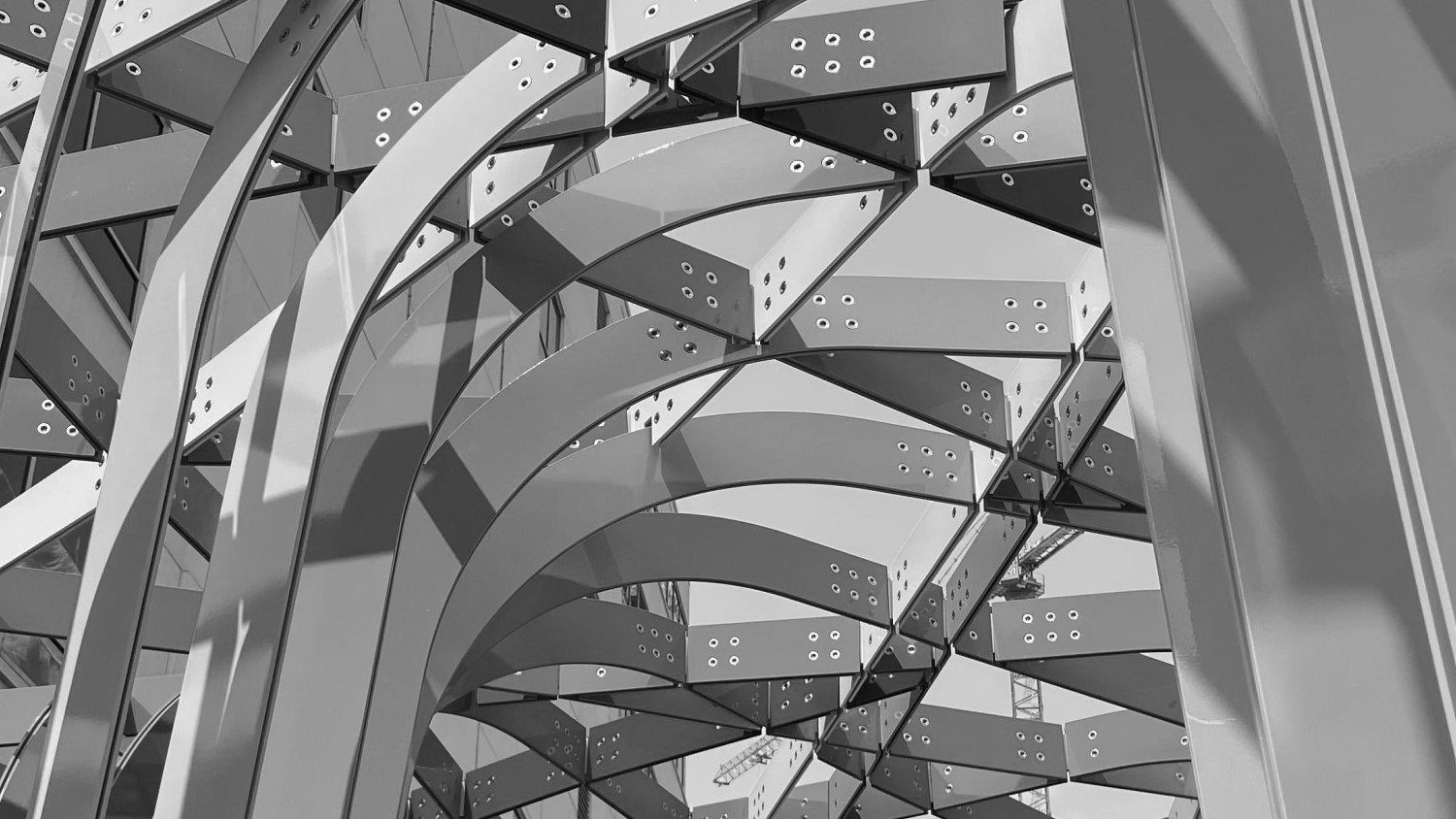
Aug 11, 2023 Philly is a (Coffee) Union Town Aug 11, 2023 Aug 11, 2023
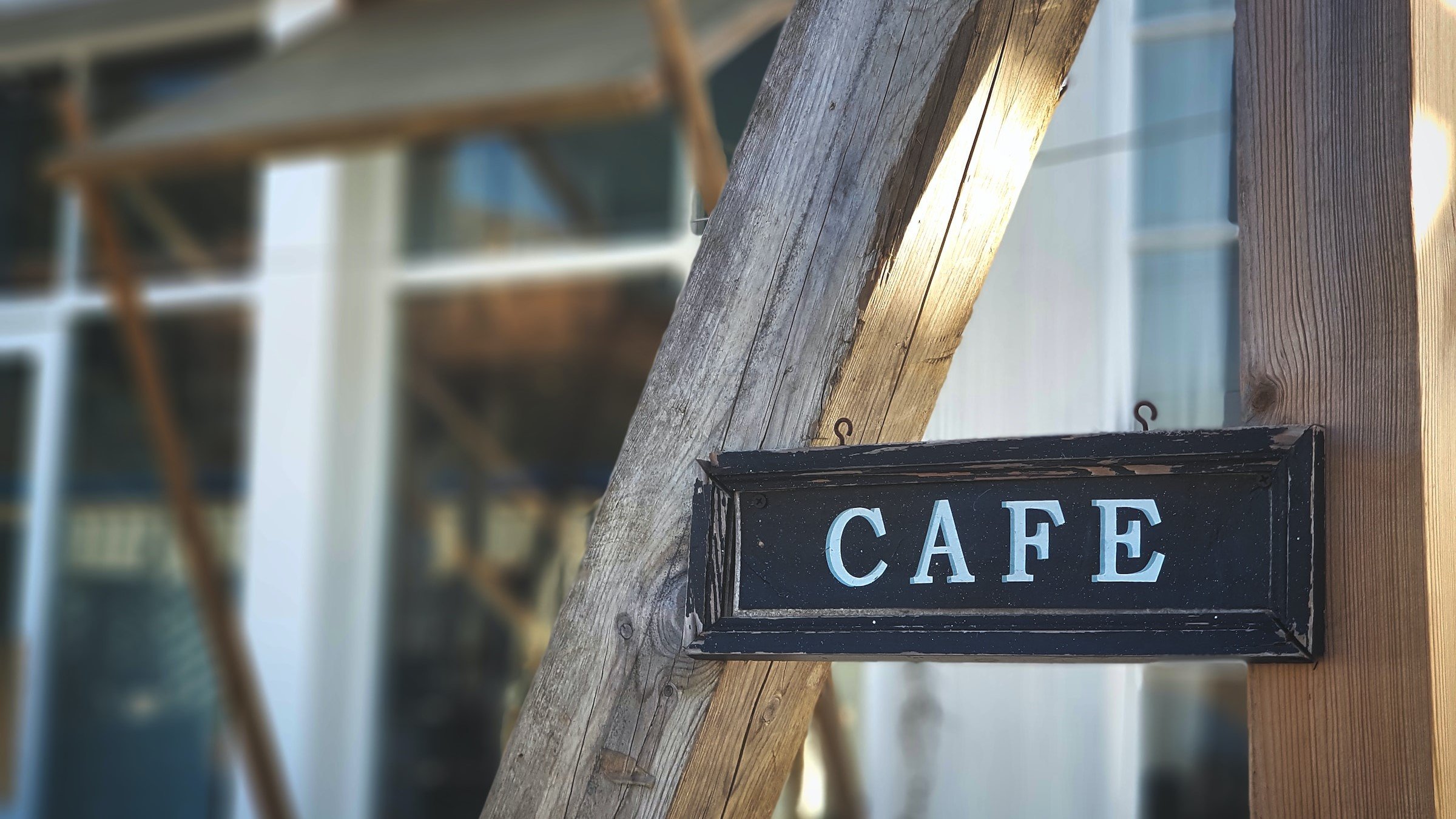
Jul 28, 2023 South Korea's Coffee Wars Jul 28, 2023 Jul 28, 2023
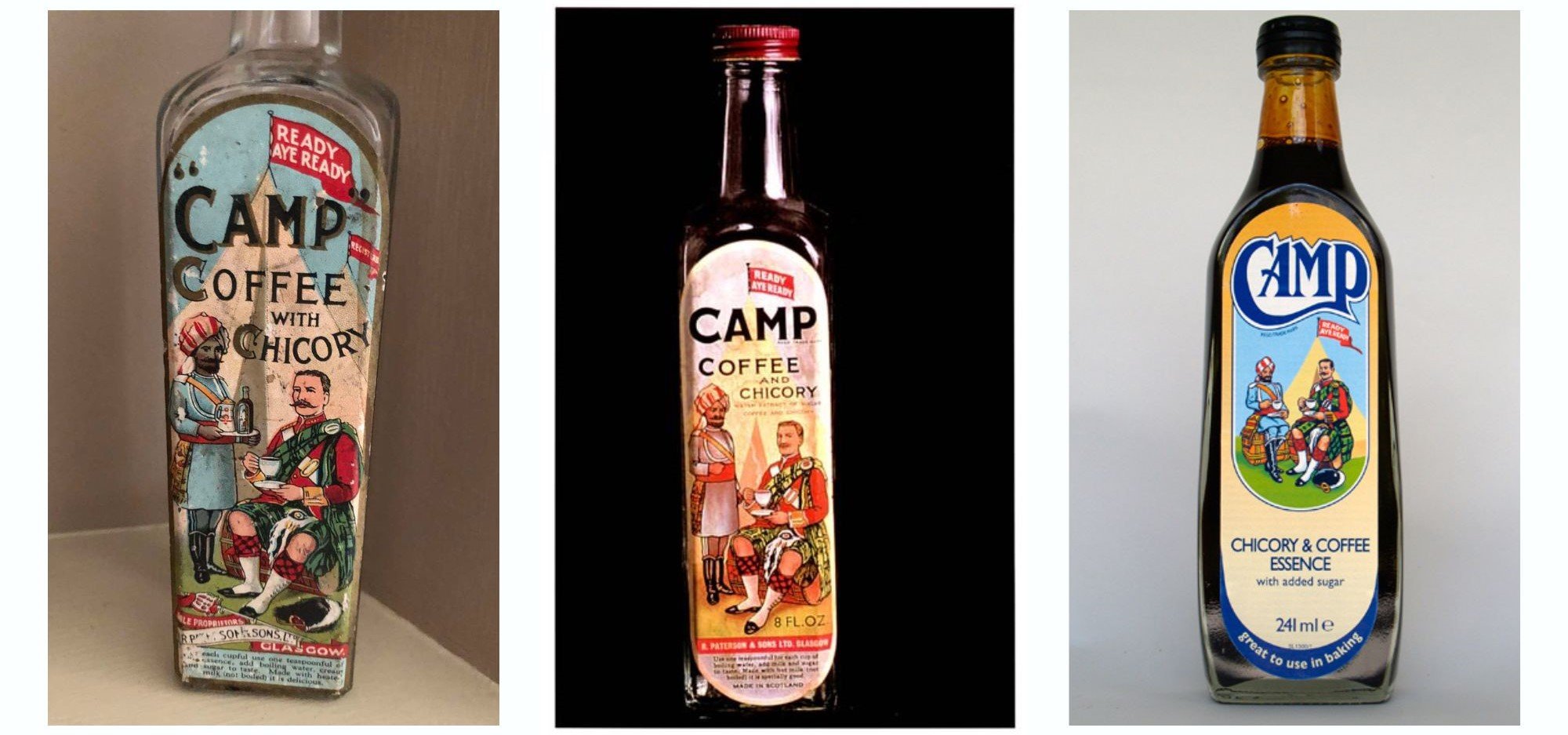
Jul 14, 2023 Camp Coffee, Colonialism, and the Evolution of a Brand Jul 14, 2023 Jul 14, 2023
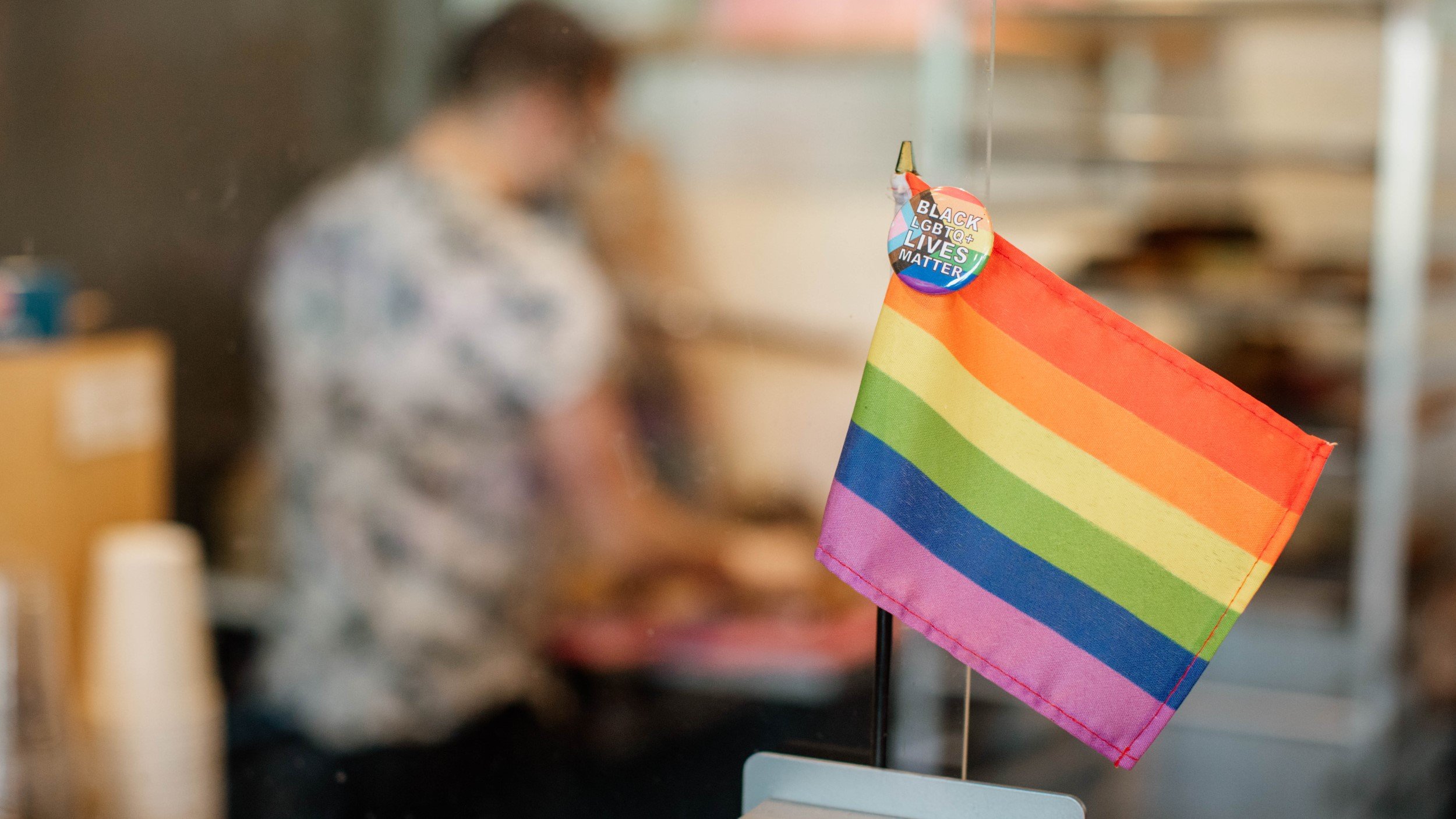
Jun 30, 2023 Defiance and Gay Frog Donuts: How Strange Matter Coffee is Navigating the Anti-LGBTQ+ Backlash Jun 30, 2023 Jun 30, 2023